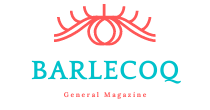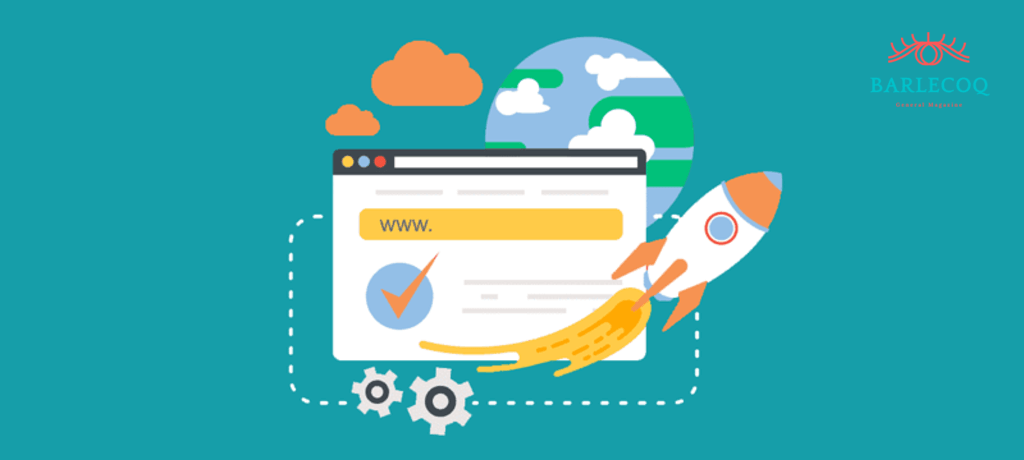Nowadays, convenience and speed are everything when it comes to using the internet. Most users demand their requests be fulfilled as quickly as possible. Tasks, such as downloading files, sharing photos, and loading a web page, are expected to be done within seconds.
When a website fails to fulfill this demand, it’s more likely to lose its credibility, and eventually, its audience. But what can you do to ensure that your website has the best speed to answer the users’ demands?
One of the most important factors to consider is the type of web hosting you use for your website.
In this article, we will look at the importance of site speed, the connection between web hosting and site speed, and the qualities of a fast web host.
Why is Website Speed Important?
Website speed involves how fast your website is able to load content such as texts, images, widgets, and forms on a page. In 2021, the ideal website load time is expected to be less than two to three seconds. If your website takes longer than that, you might lose a lot of potential clients.
Your website speed also affects how the website performs on SERPs. Search engines like Google consider your website’s speed when assessing its ranking. The faster your pages load, the more chances your website ranks higher on search engine results.
Because of these reasons, paying attention to your website speed should be one of your top-most priorities.
The Connection Between Web Hosting and Site Speed
There are many factors that influence your site speed, one of which is your web hosting provider. The server your web hosting provider uses significantly determines how fast your website can load its content.
Any other efforts you make to improve your page load time might be meaningless if your website is hosted on a slow server. If your web server is not optimized for speed, the process of fulfilling users’ requests will take longer, which will slow down your site speed.
Therefore, the hosting plan you choose is an essential factor. For example, shared hosting can be a good choice for your website as long as your business only expects less than 1000 visitors each day.
However, if your business needs to serve a larger number of clients, it would be better to use a hosting plan with a better server.
Hosting plans such as VPS hosting Hostinger can answer your need for speed. This type of VPS hosting gives you dedicated resources and other advanced features for your website, significantly improving your page load time.
Qualities of a Fast Web Host
Now that you know the connection between good web hosting and site speed, it’s time to discuss how you can recognize a good web host. This section will discuss some qualities you need to look out for when choosing the next hosting plan for your website.
Server Resources
As mentioned above, server resources greatly determine your website’s speed. Most web hosting providers offer various hosting plans, such as shared hosting, cloud hosting, and VPS. Each of these hosting types has different ways of managing its server resources.
Using shared hosting means that your website will share a single server with other websites. Although this hosting type is usually cheaper, server resources, like storage and bandwidth, are divided among several clients. This might impact your website’s performance and load time.
Also Know About: How to Perform Reverse Image Search & Find All Duplicate Images
On the other hand, premium hosting like VPS provides dedicated resources for each website. Meaning, your resources won’t get touched by other users as they belong solely to you. Therefore, the server is less likely to get overloaded and can process requests better and faster.
Database Location
Website hosting providers have databases in different locations around the world. The distance between your visitors’ computers and the server location affects your website speed. For example, if most of your visitors come from the US, it would be better to pick a server located in or near the US.
Some hosting companies offer multiple server locations, allowing you to choose the closest server based on where your visitors are. To get the information about your visitors’ location, use tools such as Google Analytics to learn the demographics of your customers.
Caching
Caching is a process where a server saves a static copy of your website in its temporary storage. It allows web browsers to load the pages faster by skipping the download process of elements, such as images, scripts, and HTML files.
Make sure that your hosting provider optimizes its servers to cache website content and improve your page load time.
Another feature to consider is the content delivery network or CDN. It stores your website files across several proxy servers, allowing users to get the requested files from the nearest CDN server.
Conclusion
Site speed is one of the core factors that influence user’s satisfaction with your website. A site with good speed has more chances of maintaining credibility and improving sales. And one of the aspects determining your website speed is the type of web hosting you use.
This article discussed the importance of site speed and the connection between web hosting and loading times. We also looked at some core aspects of a fast web host, which include:
- Server resources
- Database location
- Caching
Remember that most web hosting providers offer a variety of hosting plans with different prices and features. Analyze your website’s needs and the number of resources you require, then decide which hosting type suits you the most.









